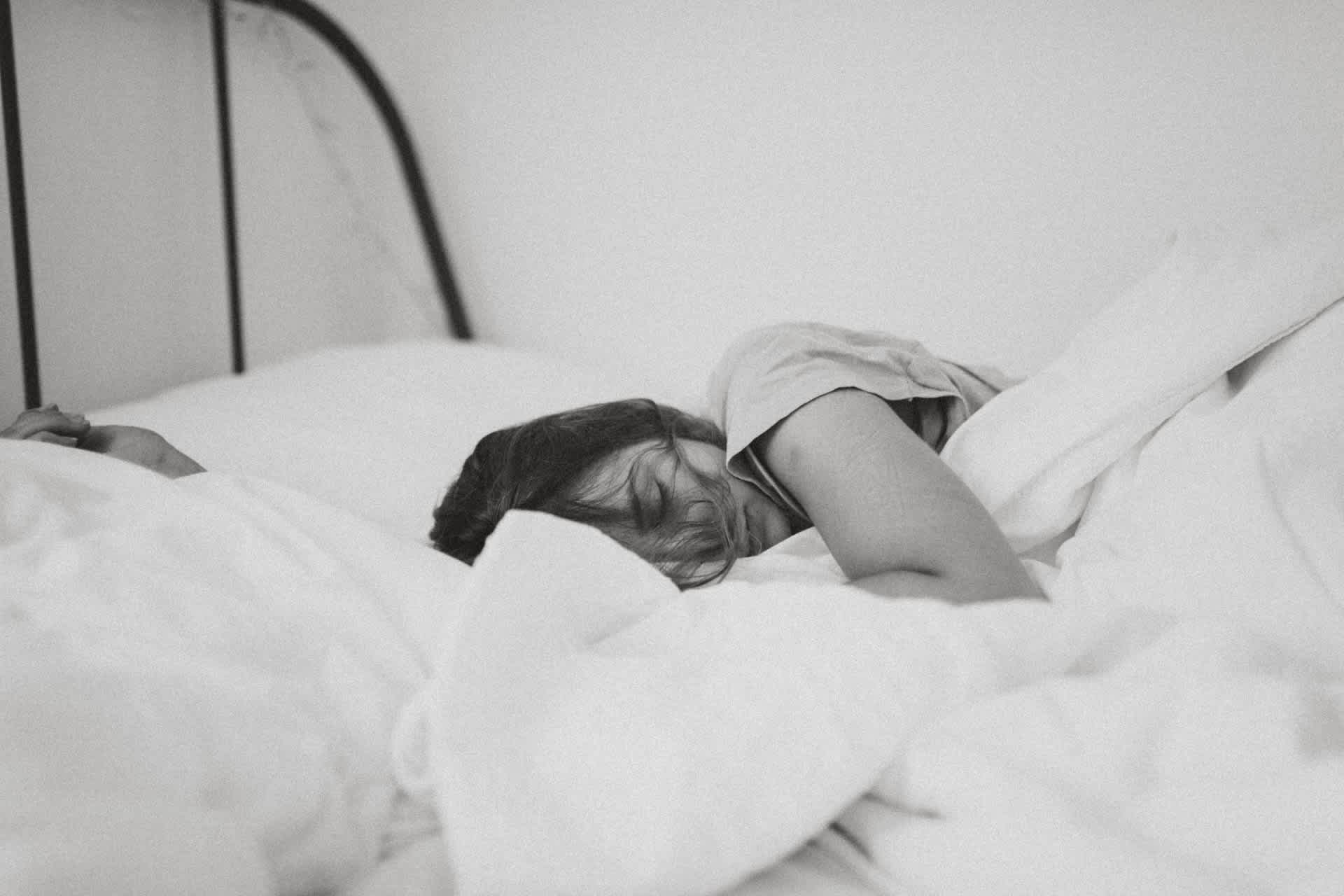Acupuncture is known for its ability to treat physical conditions such as aches and pains, but can it also work on non-physical conditions such as sleep apnea? The standard Western treatment for sleep apnea involves patients using continuous positive airway pressure (CPAP) machines to control their breathing throughout the night. However, many patients struggle to sleep comfortably using these machines. Does Acupuncture offer an effective alternative?
So, can Acupuncture help sleep apnea? Multiple studies have found Acupuncture to be an effective alternative treatment for sleep apnea and claim that, in some cases, it may be more effective than standard Western treatments such as CPAP machines.
Read on to learn more about Acupuncture for sleep apnea and how it works.
Does Acupuncture for Sleep Apnea Work?
A number of recent studies have concluded that Acupuncture is an effective treatment for sleep apnea and agree that it may be a valid substitute for the CPAP (Continuous Positive Airway Pressure) machine. What’s more, Acupuncture is a low-cost, convenient alternative to standard Western treatment, particularly for those that struggle to sleep with the CPAP machine.
Studies from researchers in Brazil and China found that Acupuncture was more effective than non-specific treatment and CPAP machine treatment in the improvement of the Apnea-Hypopnea Index (AHI), the apnea index, and SaO2 levels. Electroacupuncture proved to be even more effective.
Not only is Acupuncture for sleep apnea effective, but it also has limited adverse side effects; in most patients, only mild and short-lasting side effects are reported. Learn more about the safety of Acupuncture and its side effects in our blog Is Acupuncture Safe?
However it is important to note that this may not be effective for those with more severe cases of sleep apnea.
How Does it Work?
The theory of Brazilian researchers is that Acupuncture strengthens the genioglossus, or tongue muscle. After treatment, participants’ tongues were three or four times stronger than those in the control group. It is thought that a stronger genioglossus reduces the likelihood of the sleeper’s tongue dropping back and blocking their airway. Acupuncture may also reduce inflammation in the genioglossus.
Acupuncture Points for Sleep Apnea
In a 2020 Chinese review, the most commonly used Acupuncture points for patients with obstructive sleep apnea were:
- Zhaohai (KI6)
- Sanyinjiao (SP6)
- Sishencong (EX-HN1)
- Shenmen (HT7)
- Zusanli (ST36)
- Zusanli (ST36)
Can Acupuncture Help with Other Sleep Problems?
Acupuncture has been shown to be effective in treating sleep apnea in a number of studies, but can it also help in the treatment of other sleep problems?
Snoring
Snoring is often associated with sleep apnea, but can also be an unrelated condition caused by a number of factors, including nasal congestion, pregnancy, medication, alcohol consumption and individual anatomy. Like with sleep apnea, research found that Acupuncture may be a more effective treatment for snoring than standard Western treatments such as CPAP treatment. However, more research is required to fully understand its efficacy.
It is thought that Acupuncture dilates the airways and encourages normal breathing. In turn, this alleviates snoring as well as improving overall quality of rest. It may also relax the muscles used in normal breathing, reducing congestion.
Insomnia
Acupuncture is thought to be an effective alternative treatment for insomnia in many clinical trials. However, researchers admit that further investigation is needed to definitively conclude the extent of its efficacy. In small-scale studies, researchers found that Acupuncture was effective in increasing sleep quality and daytime functioning. It also tended to have a knock-on effect of reducing anxiety, which may also contribute to better sleep.
Final Thoughts
Multiple studies have reported Acupuncture is an effective alternative treatment for sleep apnea, and that for mild to moderate cases it may be more effective than standard Western treatments such as CPAP machines. It is thought that Acupuncture strengthens the tongue muscle, reducing the likelihood of the tongue blocking the airway.
Research suggests that Acupuncture may also be effective in treating other sleep problems, such as insomnia and excessive snoring.
If you’re a healthcare professional interested in providing Acupuncture as an alternative treatment to your patients, Breeze Academy offers a number of Acupuncture courses to help you get started. Our foundation level courses are run throughout the UK and provide you with everything you need to safely, confidently and effectively practice Acupuncture.
Learn more online or get in touch with our team for further information.
FAQs
What is Sleep Apnea?
Sleep apnea is a condition that occurs when your breathing stops and starts again whilst sleeping. The main types of sleep apnea are obstructive sleep apnea, central sleep apnea and complex sleep apnea.
Symptoms of sleep apnea include:
- Breathing stopping and starting whilst asleep
- Gasping, snorting or choking noises whilst asleep
- Waking up a lot
- Loud snoring
- Feeling very tired during the day
- Finding it hard to concentrate
- Mood swings
- Having a headache when you wake up
If you believe that you or someone you know may have sleep apnea, it’s important that the condition is examined by a Doctor as it can lead to more serious problems if left untreated.
What Causes Sleep Apnea?
Sleep apnea causes depend on the type of sleep apnea an individual has;
- Obstructive sleep apnea - typically causes by throat muscles relaxing which narrows or closes the airways
- Central sleep apnea - typically occurs when the brain fails to send signals to your breathing muscles; your body literally makes no effort to breathe for a short period of time
